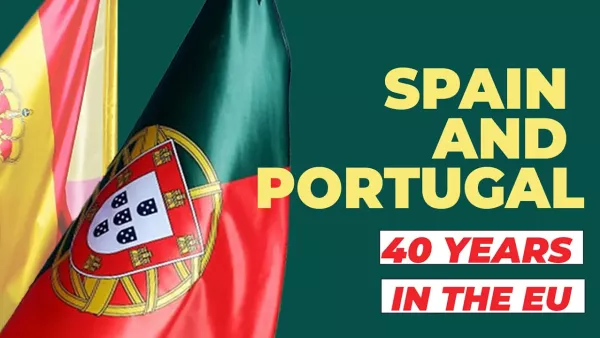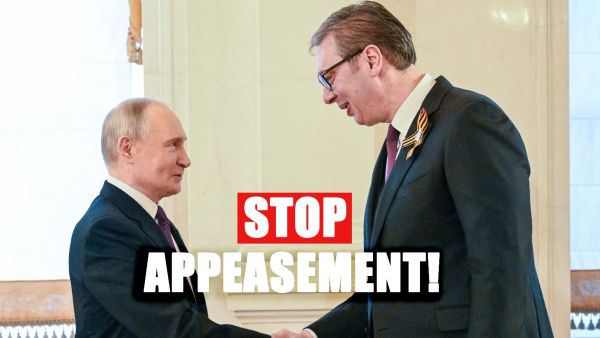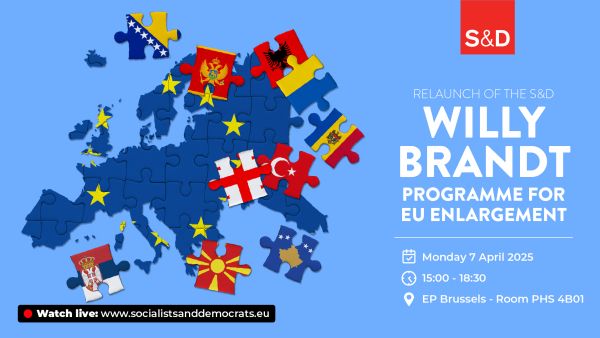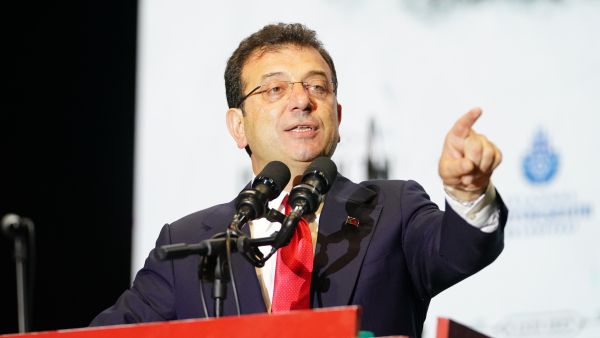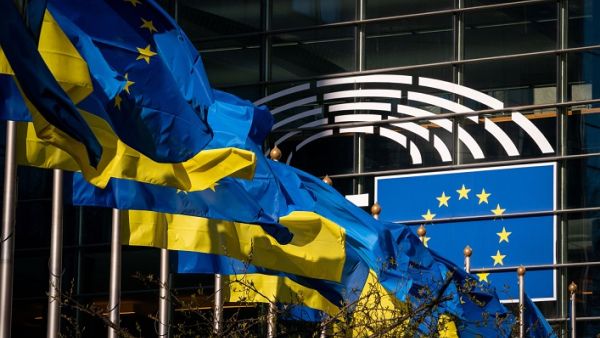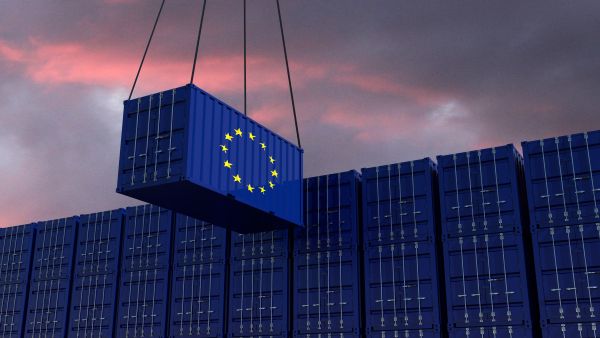After a strong campaign by the Socialists and Democrats, the European Parliament today adopted a new law to exclude conflict minerals from the European market. The law will introduce a legal system to ensure the traceability of tin, tungsten, tantalum and gold. These minerals and metals are vital for the production of everyday items such as mobile phones and household appliances. The Commission, the Council and the Conservatives in the European Parliament were pushing for a voluntary system, but the S&Ds led the charge to overturn this into a mandatory system, setting a new global standard in responsible sourcing.
S&D Group leader Gianni Pittella said:
“Today’s vote is a milestone for a values-driven trade in minerals. 95% of all conflict minerals imported into Europe will now be covered by the new law. Products sold in the EU will no longer fuel armed militias or foster human-rights violations in conflict areas. I am proud that we succeeded in cutting off a vital source of income for warlords, whilst not imposing additional burdens on small EU businesses. This is a victory for the S&D Group, but first and foremost it is a victory for millions of men, women and children in Africa.”
S&D spokesperson on conflict minerals, Marie Arena MEP, said:
“The Commission’s initial proposal would have created a weak and ineffective system. We turned the Commission proposal upside down. The law adopted today will create a European market for responsibly traded minerals sourced in fragile regions and will cover a vast majority of the supply chain by mandatory due diligence standards and disclosure requirements.
"We wanted to go even further, and we will. Through future reviews built into the regulation we will continue to achieve a fairer system. Our struggle continues, but a crucial step has been taken today to break the vicious cycle."
Note to the editor:
The ‘conflict minerals file’ was debated and voted in plenary in May 2015. Trilogue discussions followed and were concluded in November 2016. Today’s vote adopted the outcome of the trilogue.

